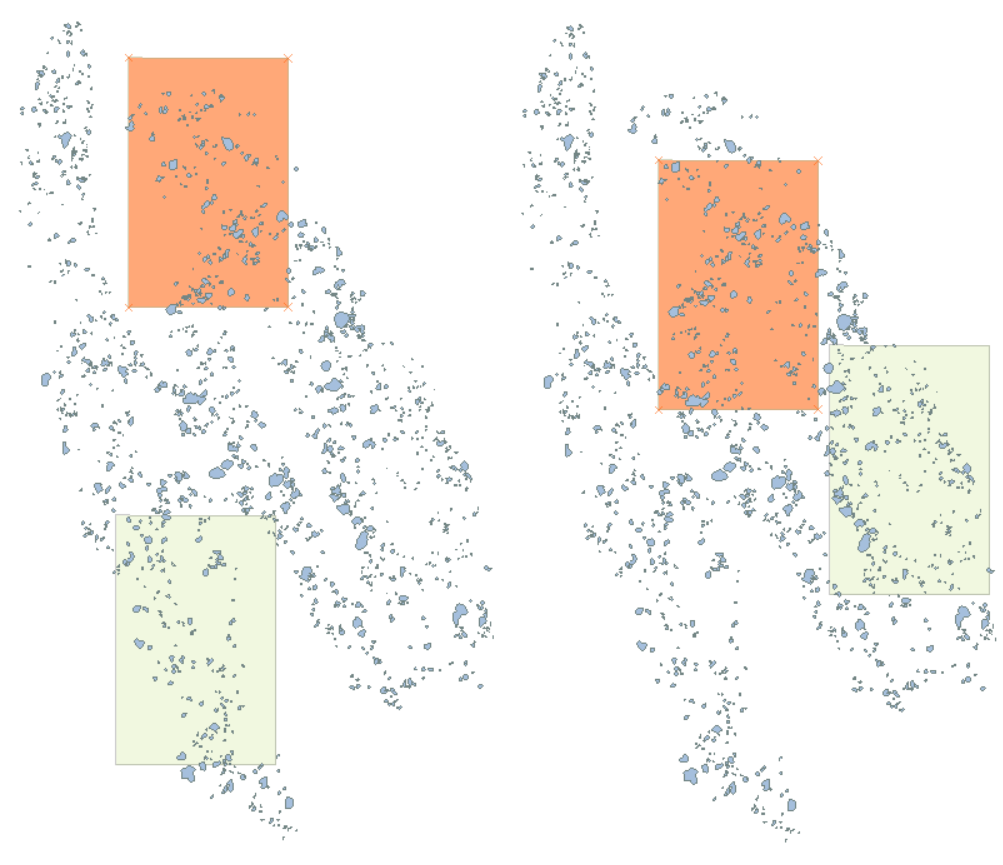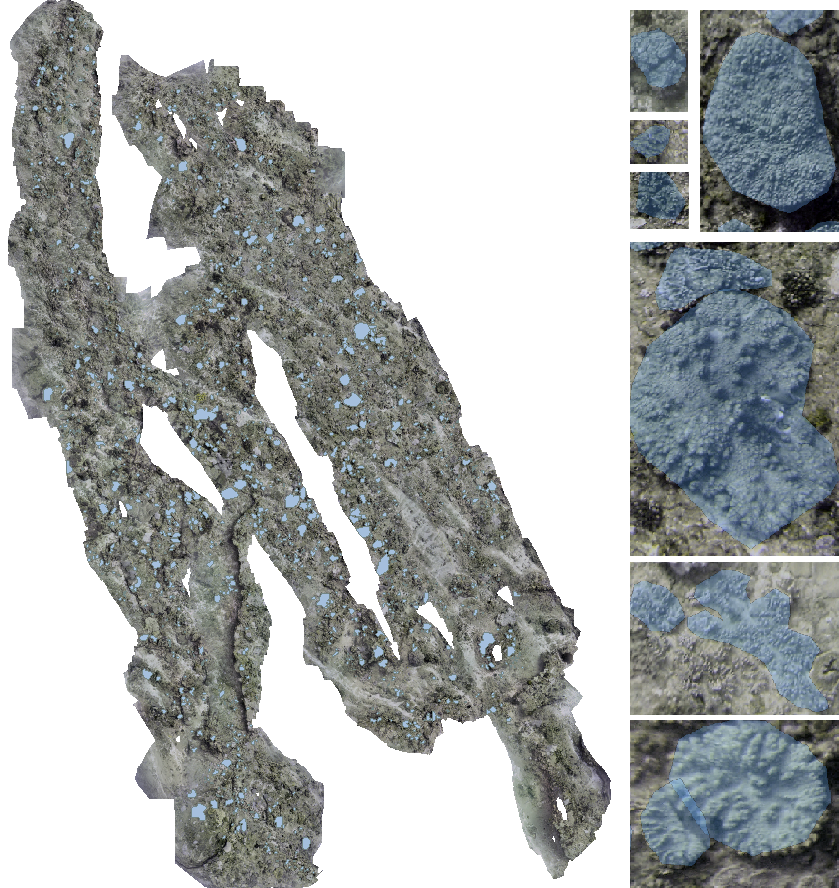
Abstract
Visual sampling techniques represent a valuable resource for a rapid, non-invasive data acquisition for underwater monitoring purposes. Long-term monitoring projects usually requires the collection of large quantities of data, and the visual analysis of a human expert operator remains, in this context, a very time consuming task. It has been estimated that only the 1-2% of the acquired images are later analyzed by scientists (Beijbom et al., 2012). Strategies for the automatic recognition of benthic communities are required to effectively exploit all the information contained in visual data. Supervised learning methods, the most promising classification techniques in this field, are commonly affected by two recurring issues: the wide diversity of marine organism, and the small amount of labeled data. In this work, we discuss the advantages offered by the use of annotated high resolution ortho-mosaics of seabed to classify and segment the investigated specimens, and we suggest several strategies to obtain a considerable per-pixel classification performance although the use of a reduced training dataset composed by a single ortho-mosaic. The proposed methodology can be applied to a large number of different species, making the procedure of marine organism identification an highly adaptable task.


